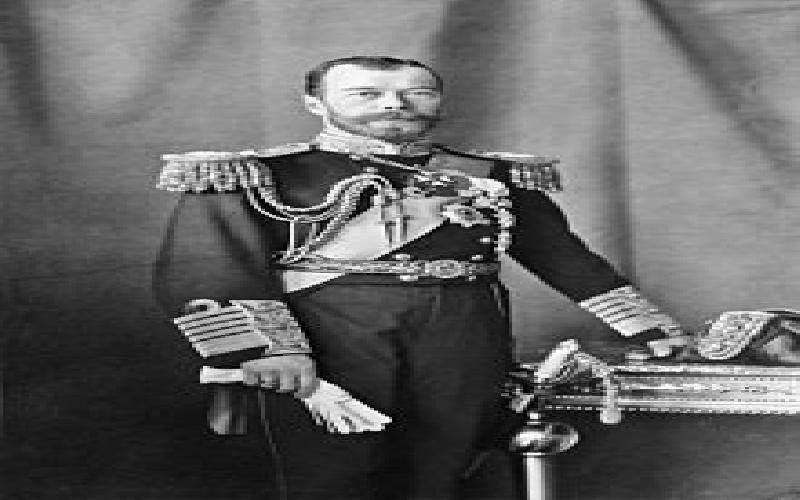Last Tsar of Russia- Nicholas II


When Alexander III died in 1894 the Russian throne passed to his oldest son, the singularly incapable Nicholas II. Perhaps if he had managed to keep Russia out of wars during his reign, Nicholas would have stayed on the throne, and got old too.
Copying his father's policies
Nicholas did not alter the policies of Alexander III at all. As far as he was concerned the policies of political suppression of opposition and increasing economic development would make both the autocracy and the empire stronger. Yet economic development would also prove to increase the prospects of revolutionary uphevel. There were certainly a wide plethora of extreme groups and parties aiming to end the monarchy. The murder of Alexander II had demonstrated the threat to the throne was real enough.
Secret Police and Internal Exile
Just like his father Nicholas relied on the secret police to keep his grip on power secure. The Okrana were arguably the most effective institution in the whole empire.
Leftist radicals often had the choice of internal exile or fleeing abroad to cause trouble.
1905 the dress rehersal for disaster
In 1904 the Russians were confident of victory against Japan. Instead the Japanese crushed the backward Russian army and the modern yet poorly trained navy. The result was revolution that briefly threatened the regime. Fortunately enough of the army stayed loyal and restored order.
World War and collapse
The First World War was paramount in the destuction of the Russian empire. Early hopes were shattered when the invasion of Germany was savagely crushed at Tannenburg. The superiority of the German army led to the collapse of morale.
The empire ended with the February Revolution that led to the abdication of Nicholas. However he and his family remained in the country. The Provisional Government carried on the war. The October Revolution brought Lenin to power and civil war.
In late 1918 Nicholas and his family were murdered in Ekaterinburg.
Bibliography
Crystal, D. - The Cambridge Biographical Encyclopedia 2nd edition (1998) Cambridge
Hobsbawm E, (1994) Age of Extremes, Michael Joseph, London
Lenman B, (2004) Chambers Dictionary of World History, Edinburgh
Roberts J.M, (1996) A History of Europe, Penguin, London
Woodruff W (2005) A Concise History of the Modern World, Abacus, L ondon
Everyone knows that the last stand for our Filipino-American soldiers during the Japanese Invasion in our country during the 2nd World War is a small island of Corregidor. But did you know the history of this small island during the Spanish, American and Japanese occupation in the country..
Did you know that the Ilocandia region has its own Filipino hero who fought bravely against the Japanese forces who invaded the Philippines in the 2nd World War? .
Tsar Alexander II attempted reforms that were intended to modernise Russia as well as freeing all the peasants that formed the bulk of its population from Serfdom..